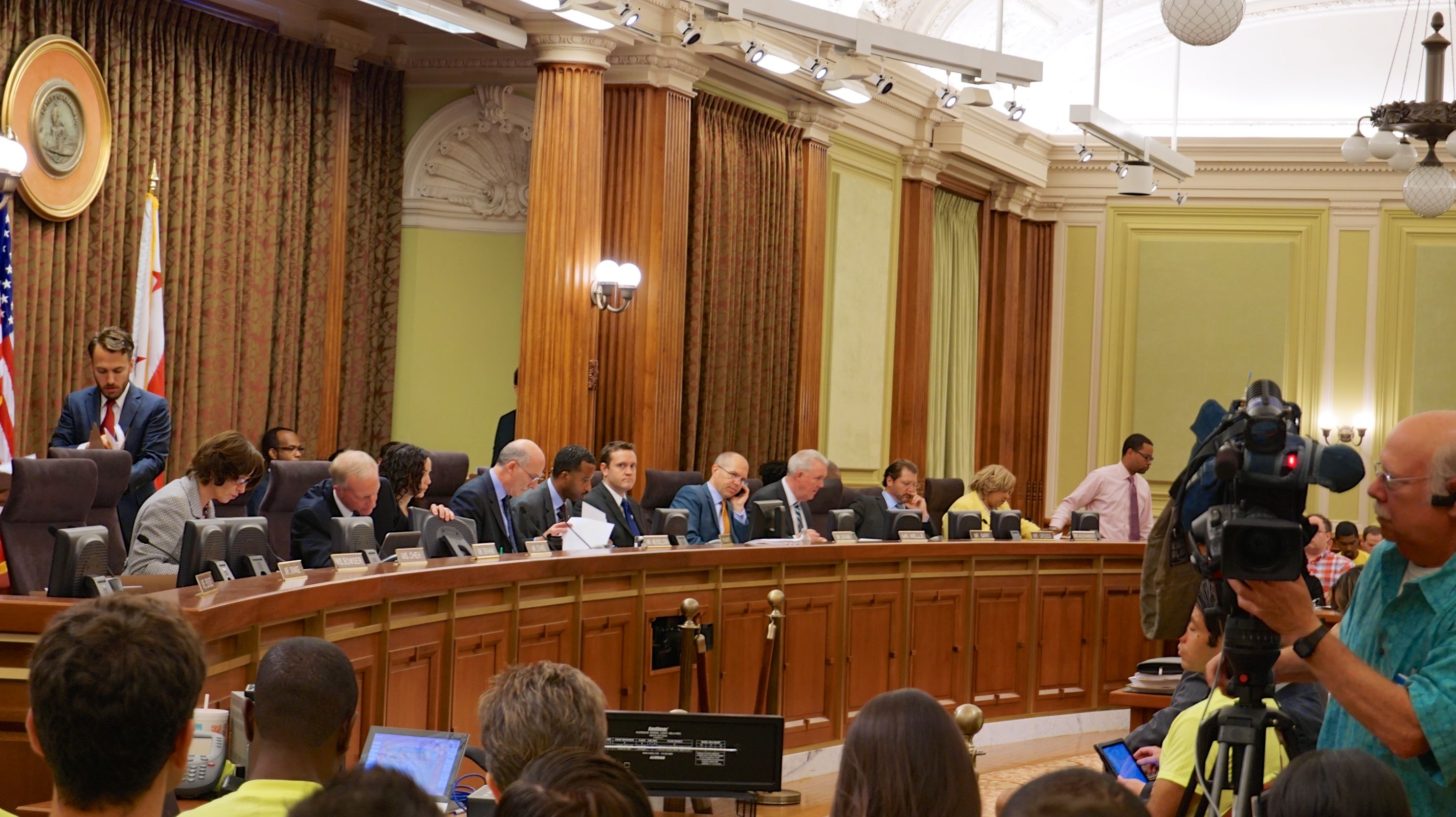Views expressed in opinion columns are the author’s own.
In June, the D.C. City Council approved a robust piece of legislation called the Birth to Three For All D.C. Act, which focuses on supporting kids who have not yet entered pre-K. The legislation aims to provide the best foundation possible for local children by fully funding the city’s child care subsidy program, widening the reach of Healthy Futures — a program that focuses on mental health of children up to five years old — and expanding home visiting programs.
You’ll be hard pressed to find a reason not to support the legislation. During the early years of childhood, the brain undergoes many developmental changes. According to the National Education Association, early childhood education programs could help reduce future crime, lead to greater performance in school and even generate billions for the economy.
The council has already committed $1.3 million to some of its key functions, but that amount falls staggeringly short of the estimated $500 million needed to fund the plan over the next 10 years. Some ideas reportedly include increasing the tax on tobacco, using revenue from legalized sports betting or just using money from the surplus budget. With all its potential benefits, the funding of the Birth-to-Three For All Act must be prioritized.
Here enters an unlikely ally: marijuana. D.C. residents can currently grow and use small amounts of recreational marijuana, but an amendment to federal spending bills since 2015 has prevented the city from using any of its budget to regulate the sale of marijuana. Now that Democrats hold a majority in the U.S. House of Representatives, Mayor Muriel Bowser is considering legalizing the selling of recreational marijuana. If the restrictions are removed and the city begins taxing marijuana, the money should be used to fund the Birth-to-Three For All Act.
The use of taxes from marijuana sales to support education is a growing practice across the country, as more states begin to legalize the drug. In Colorado, the first $40 million per year generated from taxing wholesale marijuana goes to the Building Excellent Schools Today program. Revenue from a 15 percent retail sales tax also goes toward education-related programs. In Oregon, marijuana revenue funds educational costs such as textbooks and teachers’ salaries. Lawmakers have been looking to expand this practice, including one who proposed that all of Washington state’s marijuana revenue — over $700 million per year — go to education.
For such a controversial drug, using tax revenue generated from sales to support a mostly non-controversial program might result in a interesting symbiosis. The Birth-to-Three For All Act, as well as D.C. education in general, needs more financial backing to provide the best support possible to the city’s children.
When it comes time for legislators to deliberate the current budget restrictions, presenting them with a clear proposal for the spending of generated tax revenue, particularly on such an important cause, could help swing the vote. Either way, it’s an interesting twist on the debate over marijuana — in this case, weed might be just what our kids need.
Alyssa McKinney is a sophomore electrical engineering major. She can be reached at alyssa.cmck@gmail.com.



